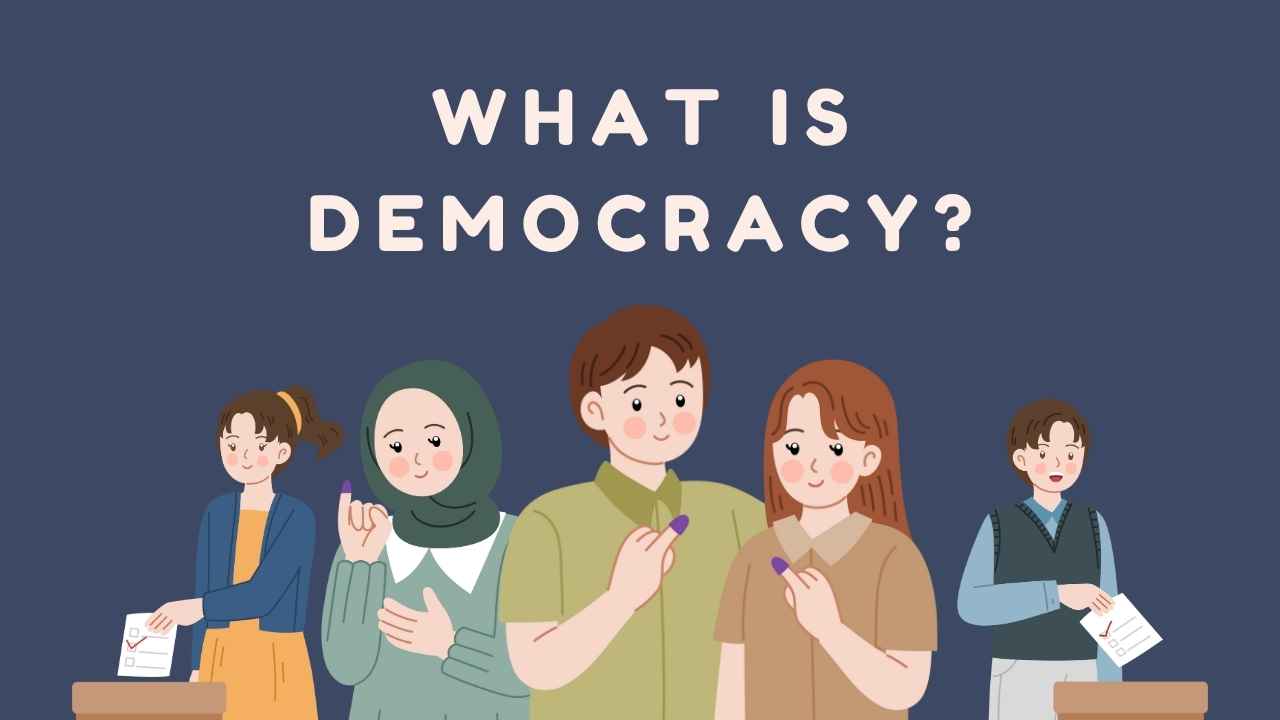Democracy, a term that resonates deeply in modern political discourse, is often cited as the ideal form of governance. In this article, we will explore the definition of democracy, its historical evolution, and the significant milestones that have shaped democratic practices around the globe.
What Is Democracy?
Democracy is derived from the Greek word “dēmokratía,” meaning “rule by the people.” It is a system of government where the citizens exercise power directly or through elected representatives. The core tenets of democracy include equality, freedom of speech, and the right to vote. In a democratic society, the government is accountable to the people, and policies are made based on the will of the majority while respecting minority rights.
When Did Democracy Emerge?
The origins of democracy can be traced back to ancient Athens around the 5th century BCE. Athenian democracy was characterized by direct participation where citizens gathered to make decisions. Over centuries, the concept evolved, influenced by various cultures and historical events.
Where Are Democratic Practices Found Today?
Today, democracy exists in various forms around the world, from presidential systems in the United States to parliamentary systems in the United Kingdom. Each country has adapted democratic principles to fit its unique cultural and historical contexts.
Why Is Democracy Important?
The importance of democracy lies in its promotion of human rights, equality, and social justice. It empowers citizens, granting them a voice in how they are governed. Moreover, democracies tend to be more stable and peaceful compared to authoritarian regimes, fostering economic growth and social cohesion.
How Has Democracy Changed Over Time?
Democracy has undergone significant transformations throughout history. Key milestones include:
- The signing of the Magna Carta in 1215, which established limitations on royal power.
- The American Revolution (1775-1783), leading to the creation of the U.S. Constitution.
- The French Revolution (1789), promoting the ideals of liberty, equality, and fraternity.
- The Universal Declaration of Human Rights in 1948, emphasizing the fundamental rights of all individuals.
Comparing Different Types of Democracy
| Type of Democracy | Definition | Examples |
|---|---|---|
| Direct Democracy | Citizens directly participate in decision-making. | Ancient Athens, modern-day Switzerland (in certain contexts) |
| Representative Democracy | Citizens elect representatives to make decisions on their behalf. | United States, Canada, Australia |
| Participatory Democracy | Emphasizes broad participation by citizens in political decision-making. | Some local governments in Brazil, community-based initiatives worldwide |
Conclusion: The Evolution of a System
In summary, democracy is more than just a political system; it is a fundamental aspect of society that promotes freedom, equality, and justice. Its rich history, marked by significant milestones, reflects humanity’s ongoing struggle for political rights and social equity. Acknowledging the diverse forms of democracy across nations allows for a deeper appreciation of its importance in contemporary society.
